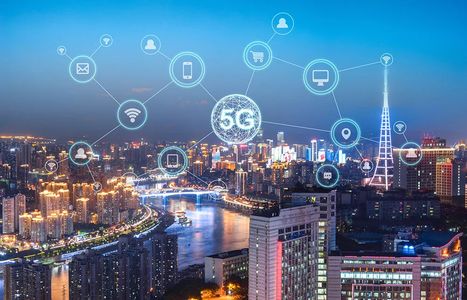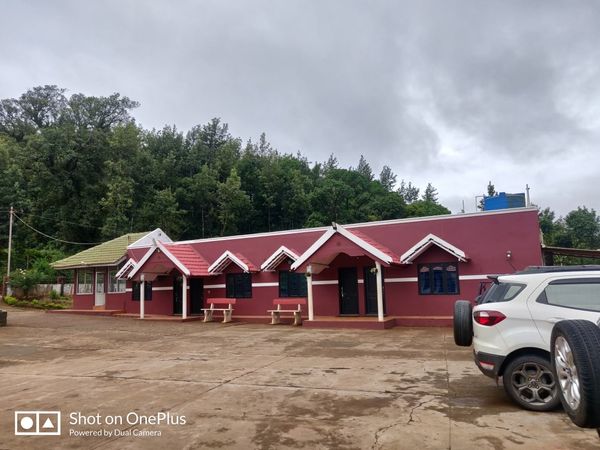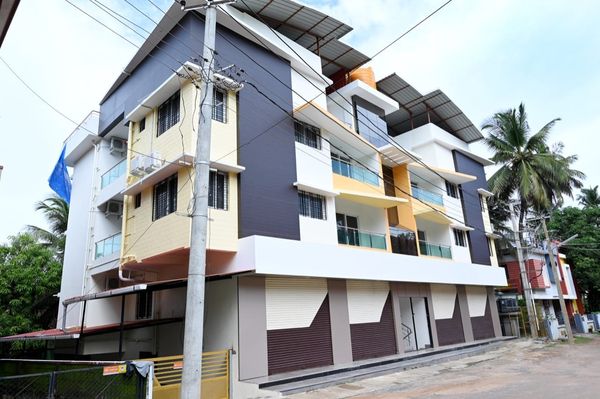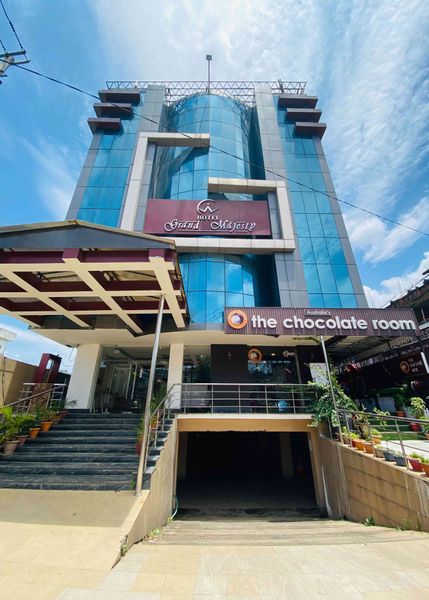How 5G Will Transform Smart Cities and Urban Analytics
 Elliott Mohr
25 Aug, 2025
6 mins read
33
Elliott Mohr
25 Aug, 2025
6 mins read
33

The global tech community is captivated by Saudi Arabia’s Neom project. As the world’s first large-scale futuristic smart city, it stands out for its cutting-edge innovations in IoT (Internet of Things), Artificial Intelligence, and robotics. Think of streamlined public transport, enhanced healthcare systems, and urban development designed around sustainability and renewable energy.
Urban Analytics: Transforming Data Into Decisions
Data is the foundation of every smart ecosystem. The essence of interconnectivity is the ability to generate, share, and utilize information. Without meaningful processing, raw data holds little value. But when data is analyzed effectively, it can enhance city planning, optimize natural resource usage, strengthen healthcare, and improve overall urban growth. This is the role of urban analytics a discipline that leverages data science to interpret the massive datasets generated in smart cities. By using big data, GIS (Geographic Information Systems), and remote sensing, urban analytics provides insights that can transform decision-making. For this to work at scale, however, a powerful network backbone is required. That’s where 5G internet comes in. With its robust infrastructure, 5G supports the collection, transmission, and sharing of urban data—making advanced IoT-powered cities a reality.
At the core of making such advanced interconnectivity possible lies 5G technology. With its ability to deliver high-speed wireless connectivity over vast areas, 5G has the power to drive the development of smart cities like Neom—ultimately reshaping the way we live. It’s no surprise then that the global smart city market is projected to hit $1.45 trillion by 2030. This explains why 5G has been considered a game-changer since its launch—it makes possible technologies once thought of as science fiction. With capabilities like real-time data sharing, advanced analytics, and large-scale IoT integration, 5G is unlocking possibilities that were unimaginable just a decade ago.
Real-Time Data Processing
One of 5G’s strongest advantages is its ultra-low latency, which enables instantaneous transmission of data streams from sensors, cameras, and devices. This real-time capability ensures that urban analytics can process information quickly, allowing city administrators to make rapid, informed decisions that improve efficiency and responsiveness.
Artificial Intelligence Integration
Thanks to its vast bandwidth, 5G paves the way for the large-scale deployment of AI and ML (machine learning) systems. These technologies are essential to smart city analytics, as they can handle huge volumes of structured and unstructured data. AI models powered by 5G not only accelerate data processing but also enhance predictive analytics for smarter city management.
Smart Cities: The Future of Urban Living
5G is the backbone of future-ready cities, enabling platforms and solutions that directly improve quality of life. Here are some key areas where it makes the biggest impact:
Efficient Commutes
Traffic congestion, accidents, and delays are everyday challenges in urban areas. With 5G-enabled traffic management systems, cities can collect and analyze transport data in real-time, reroute vehicles instantly, and significantly cut down travel times.
Smarter Urban Planning
Inspired by projects like The Line in Neom, 5G makes it possible to design cities where average commute times stay under 15 minutes. Through real-time IoT monitoring, urban infrastructure can be continuously assessed and optimized for greater livability.
Improved Safety
With 5G powering real-time analysis of CCTV footage and other urban surveillance data, cities can strengthen public safety measures. This technology helps in crime prevention, identifying suspects, and even assisting in cases like finding missing persons.
Better Public Health
Telemedicine, rapid emergency response, and remote monitoring of patients become seamless with 5G’s high-speed, low-latency networks. Combined with AI, it can revolutionize diagnostics and personalized care, ensuring accessible healthcare—even in remote regions. And this is only the beginning. Beyond transport, safety, and healthcare, 5G promises smarter infrastructure maintenance, improved environmental monitoring, and more efficient use of resources. By powering intelligent systems and sustainable practices, 5G is laying the foundation for cities of the future—cities that are not just smart, but sustainable and human-centered.
Written By:
Elliott Mohr



Hotels at your convenience
Now choose your stay according to your preference. From finding a place for your dream destination or a mere weekend getaway to business accommodations or brief stay, we have got you covered. Explore hotels as per your mood.


